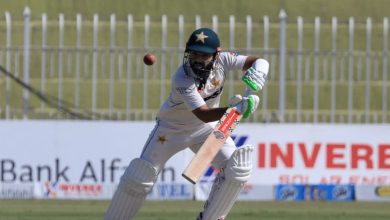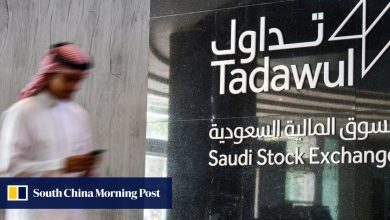Opinion | Expanded Brics will continue to chip away at US dollar’s dominance
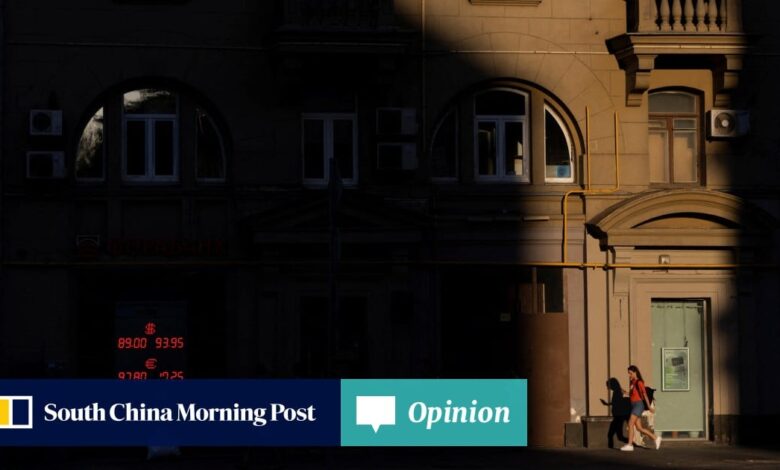
[ad_1]
Western reporting on Brics have been biased and grudging. Before the Brics summit in South Africa, major Western media outlets reported that India and Brazil were against enlargement.
While the pre-summit narrative was internal dissension, the post-summit summation questioned what the expanded group could really do, and that consensus would remain difficult.
Commentators seemed to disapprove of Russia and China but thought better of India and Brazil because the latter two are seen as West-leaning. Some saw Brics as a manifestation of resentment of Western global leadership. The more facetious suggested the bigger Brics would need to change its name and the new acronym would be unpronounceable gobbledegook.
The fact is that Brics has gained status and influence. Critics don’t bother to point out the summit in South Africa was the 15th gathering. Members have been working since 2009 to explore how they could cooperate on development.
Why? Because the global political and economic governance system – referred to as the “rules-based international order” by Western countries – ignores the interests of emerging economies.
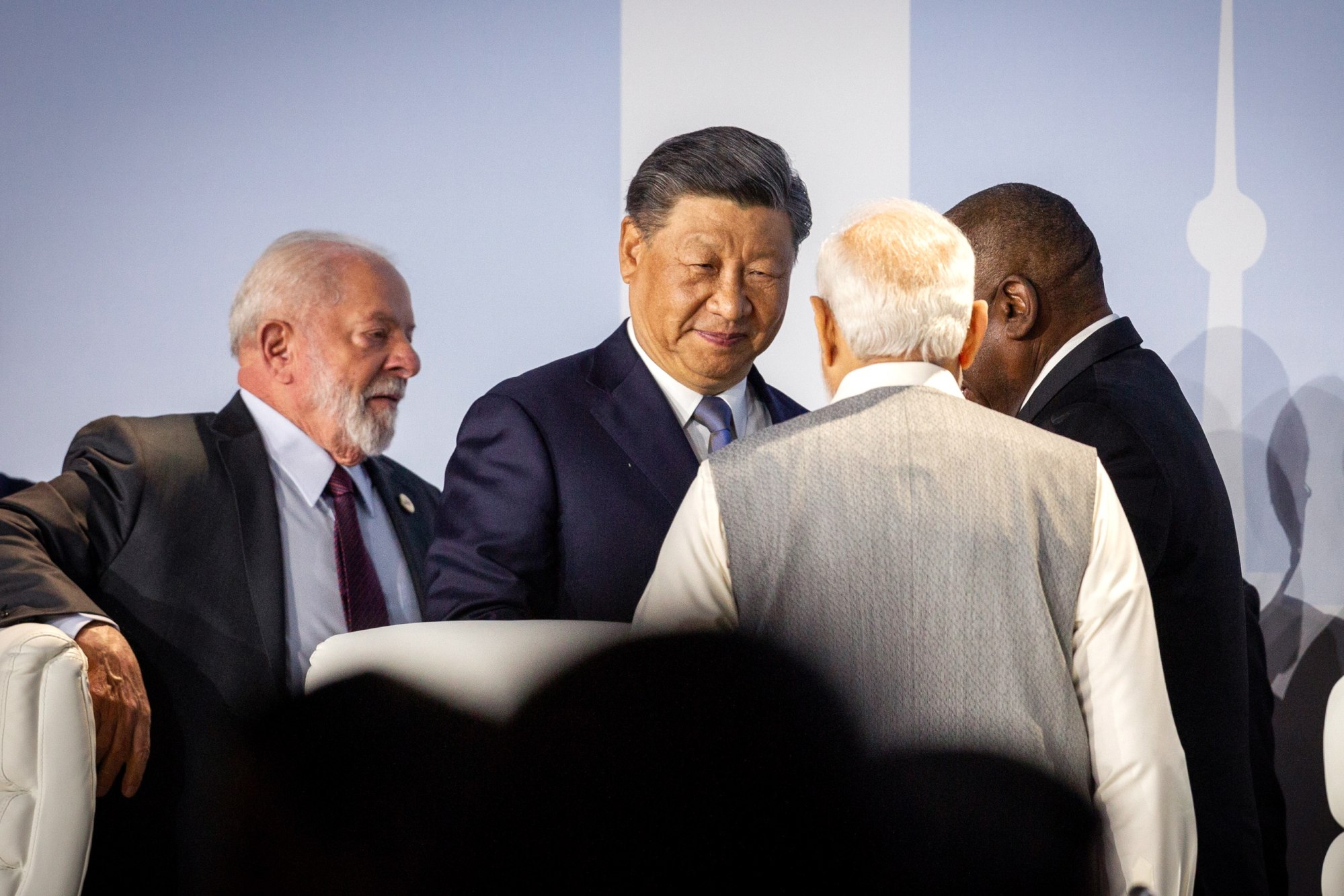
This became obvious in 2008. The US financial and regulatory system lost credibility in the eyes of the world because of its failure to regulate unscrupulous investment banking practices that fuelled a housing bubble in the US. This eventually resulted in a global financial crisis that dampened investment around the world and reduced imports from developing economies.
Poorer economies had balance of payments difficulties because they lacked sufficient foreign exchange reserves, mainly US dollars. They needed assistance at reasonable terms from the Washington-based World Bank and International Monetary Fund, both being parts of the financial architecture of the “ruled-based international order”.
Developing countries called upon these institutions to take their circumstances into account but were ignored.
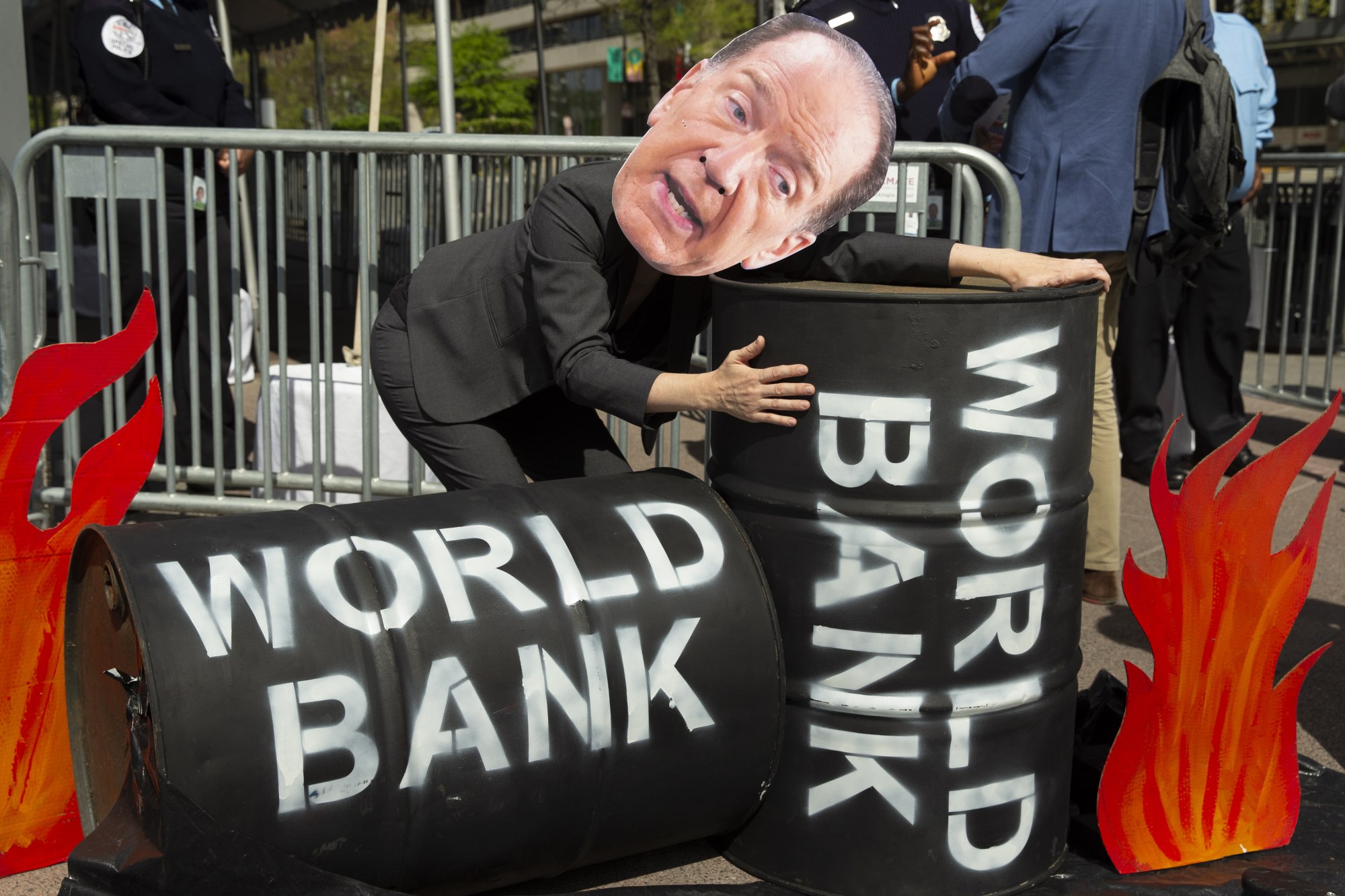
Brics’ raison d’être needs to be better appreciated. South African President Cyril Ramaphosa said, “An expanded Brics will represent a diverse group of nations which share a common desire to have a more balanced world order.”
How the US uses global dollar payments system to impose sanctions
How the US uses global dollar payments system to impose sanctions
The dominance of the US dollar in international trade and as reserve currency puts pressure on developing economies, as was evident during the 2008 financial crisis.
In Argentina, US dollars are so scarce that yuan use is at record high
In Argentina, US dollars are so scarce that yuan use is at record high
The theme of the summit in South Africa contains a clear message for the West: Brics sees itself as “a champion of the needs and concerns of the peoples of the Global South” and wants “partnership for mutually accelerated growth, sustainable development, and inclusive multilateralism”.
From the summit’s final statements, it is clear what is in the pipeline. Brics members will continue to strengthen their financial architecture to ensure stability and expand the use of local currencies for trade.
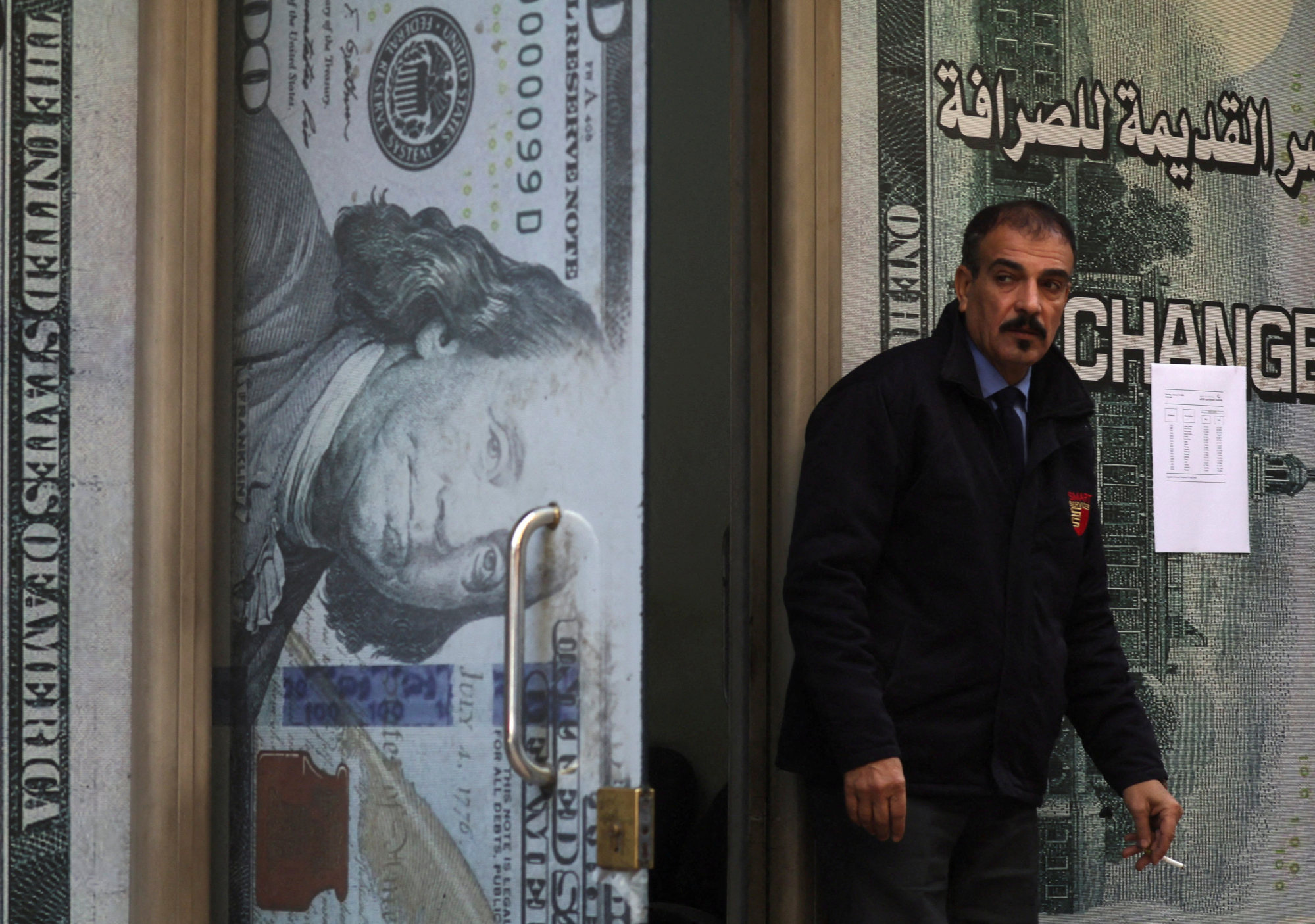
Countries on the receiving end of the ire of the US and those that become collateral damage don’t think it is fair that the mighty throw their weight around without consequences.
No one wants a fight but Brics’ rallying cry to build “a world that is fair, a world that is just, a world that is also inclusive and prosperous” is attractive to many countries that need to be lifted by those who are ahead.
An expanding Brics may be what the world needs now. Forget fighting and focus on development and cooperation despite differences.
Christine Loh is chief development strategist at the Institute for the Environment, Hong Kong University of Science and Technology, and a visiting scholar at Anderson School of Management, UCLA
[ad_2]
Source link



